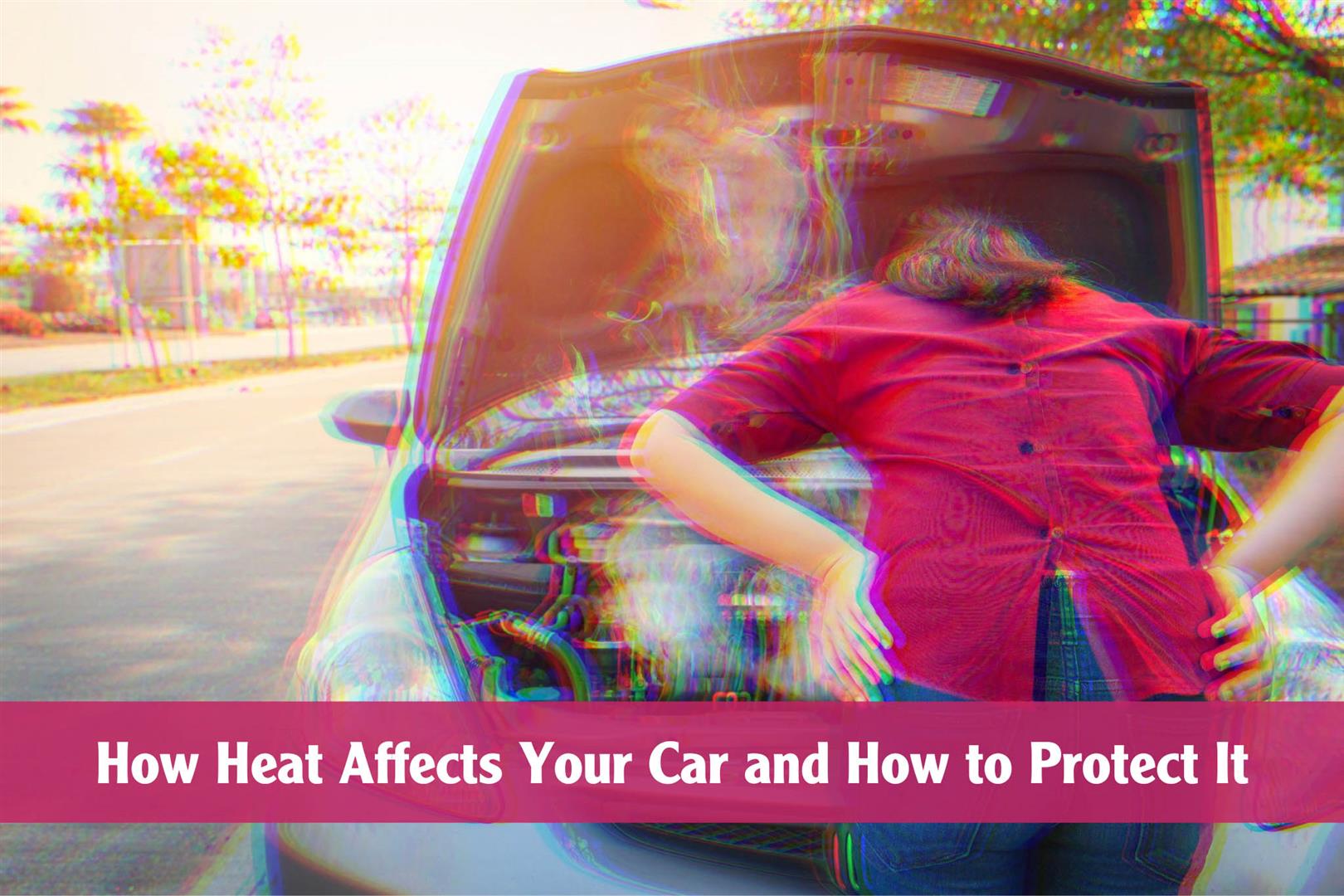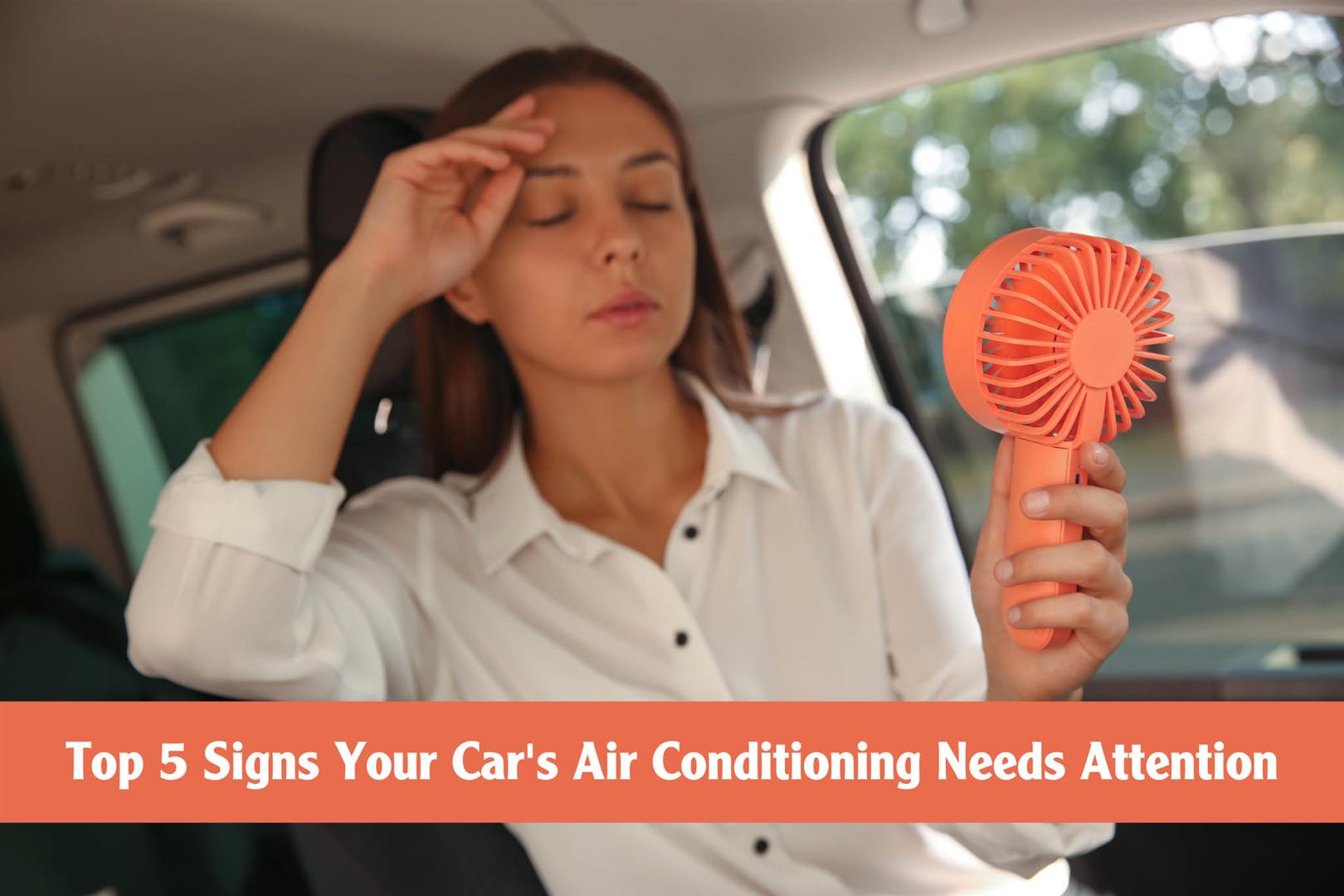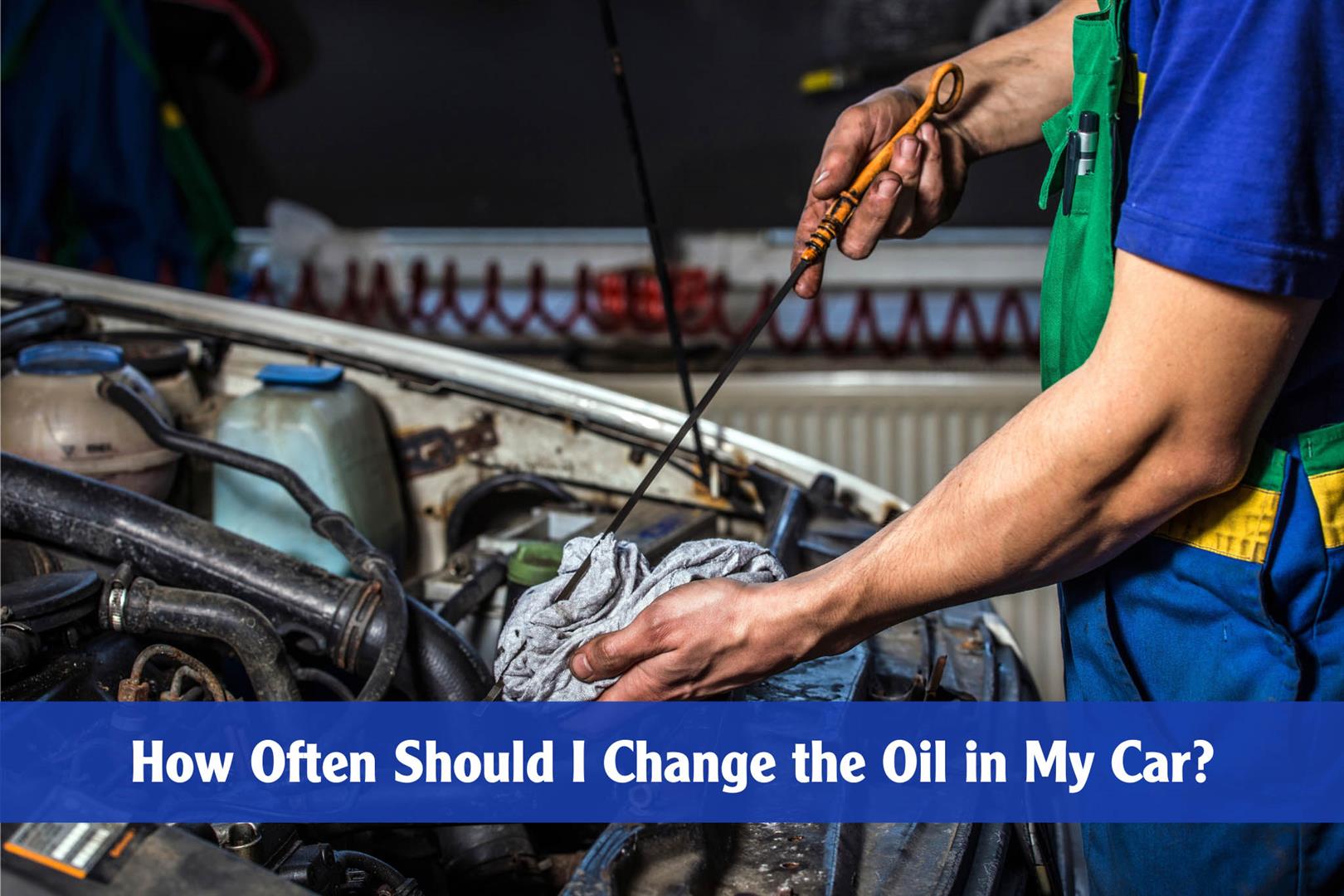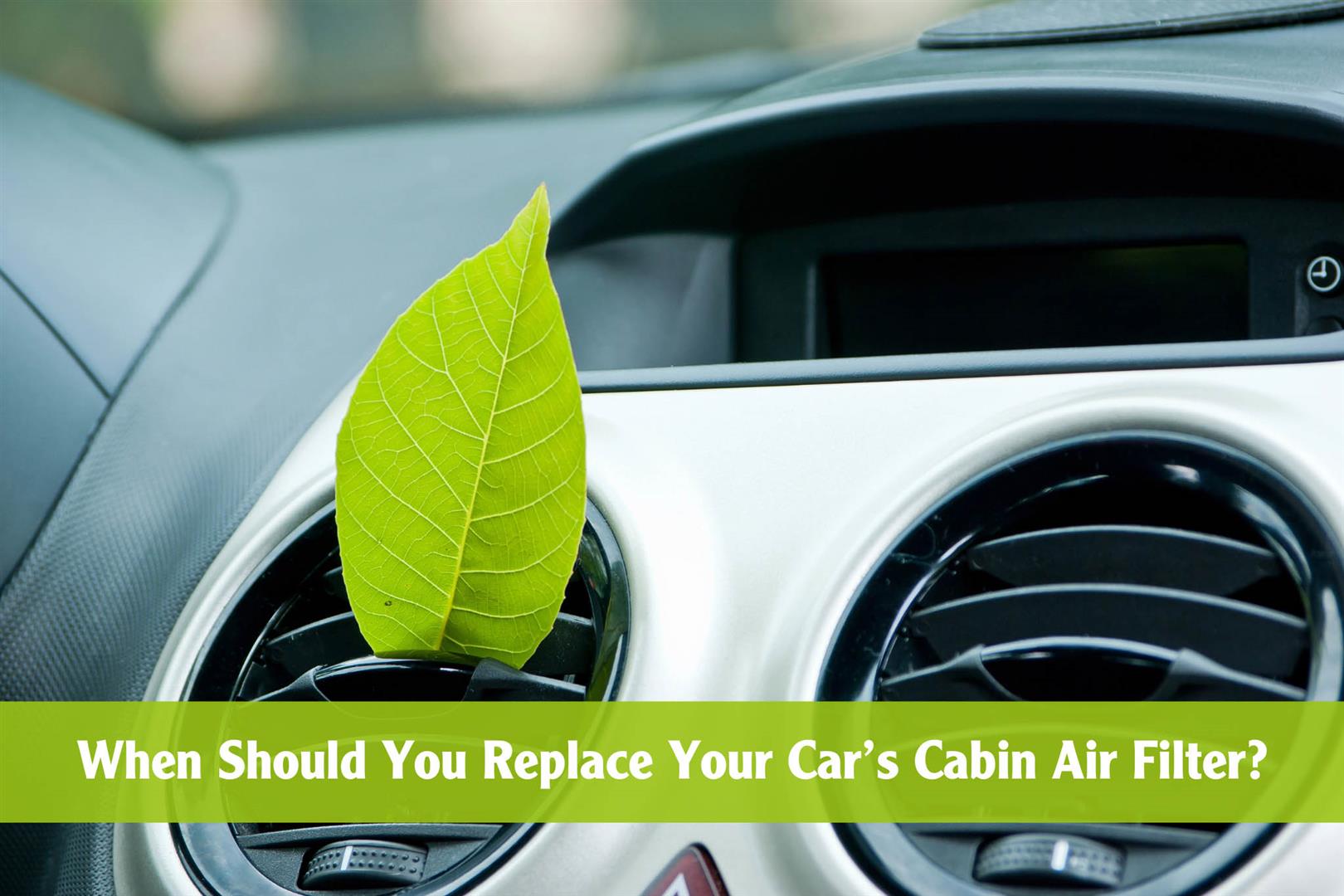Posted on 8/12/2024

Summer in Boulder can be hot, hot, hot! And while most Boulderites enjoy the sunshine, our cars don’t always fare as well. High temperatures can take a toll on various parts of your vehicle, leading to potential issues if not properly managed. Let’s take a look at how heat affects your car and what you can do to protect it. Battery Drain Heat can actually cause your car battery to lose its charge more quickly. Hot weather speeds up the chemical reactions inside the battery, which can lead to overcharging and shorten its lifespan. If your battery is already a few years old, it might struggle in the heat. Regularly check the battery terminals for corrosion and consider having your battery tested before the heat really cranks up. Tire Pressure Fluctuations As temperatures rise, the air inside your tires expands, leading to increased tire pressure. Overinflated tires can cause uneven wear, reduce traction, and even increase the risk of a blow ... read more
Posted on 8/5/2024

A malfunctioning air conditioner can not only make your ride unpleasant but may also indicate underlying issues that need to be addressed. Here are the top five signs your car's air conditioning needs attention: Weak Airflow Weak airflow from your car's vents can signal various issues, including problems with the blower motor, ventilation ducts, or a clogged air filter. Additionally, reduced airflow may indicate refrigerant leaks, which will require immediate professional attention. Warm Air Nothing is more frustrating than your AC blowing warm air on a hot day. This could stem from low refrigerant levels, a malfunctioning compressor, or cooling fan issues. A diagnostic inspection is typically needed to pinpoint the problem. Strange Odors Musty or unpleasant odors emanating from your car's vents suggest the presence of mold, mildew, or bacteria in the AC system. These odors not only compromise comfort but also pose health risks. A ... read more
Posted on 3/11/2024

When it comes to car maintenance, few things are as crucial as regular oil changes. Engine oil acts as the lifeblood of your vehicle, keeping its moving parts lubricated and functioning smoothly. But how often should you change your oil? The answer isn't always straightforward, as it depends on various factors such as your vehicle's make and model, driving habits, and even the climate you live in. Traditionally, the rule of thumb has been to change your oil every 3,000 miles or every three months, whichever comes first. However, advancements in automotive technology and the widespread use of synthetic oils have extended this interval for many modern vehicles. Most automakers now recommend oil changes every 5,000 to 7,500 miles, or even longer in some cases. While mileage is a critical factor in determining when to change your oil, it's essential to consider time as well, especially for cars that aren't driven frequently. Oil can deteriorate over time, lo ... read more
Posted on 3/4/2024

At the heart of your car's ventilation system lies a humble yet essential component – the cabin air filter. Much like the filter on your home’s furnace, the cabin air filter on your car acts as a guardian, trapping dust, pollen, pollutants, and other contaminants before they enter the cabin through the HVAC system. By doing so, it maintains a clean and comfortable environment inside your car, protecting you and your passengers from harmful pollutants and allergens. Signs Your Cabin Air Filter Needs Replacement Reduced Airflow: A clogged cabin air filter can lead to diminished airflow from the HVAC system in your car. Strange Odors: A dirty cabin air filter can emit unpleasant smells when you turn on the air conditioning or heating. Visible Dirt and Debris: Visible dirt or debris on your cabin air filter indicates it's time for a new one. Allergy Symptoms: A clean cabin air filter can help prevent allergens like pollen and dust from exacerbating allergy sym ... read more
Posted on 2/26/2024

Have you ever felt like your car is pulling to one side, or noticed uneven wear on your tires? These are signs that your car may be in need of a wheel alignment. While it might seem like a minor issue, neglecting proper wheel alignment can lead to a host of problems down the road. Extended Tire Life: When your wheels are properly aligned, they all point in the same direction, ensuring even wear on the tread. Misaligned wheels can cause uneven wear on your tires, leading to premature tire replacement. By investing in regular wheel alignments, you can save money in the long run by maximizing the lifespan of your tires. Improved Fuel Efficiency: Believe it or not, proper wheel alignment can also contribute to improved fuel efficiency. When your wheels are out of alignment, it can create unnecessary resistance as you drive, forcing your engine to work harder and consume more fuel. When your wheels are correctly aligned, you reduce this resistance, allowing your car to ... read more